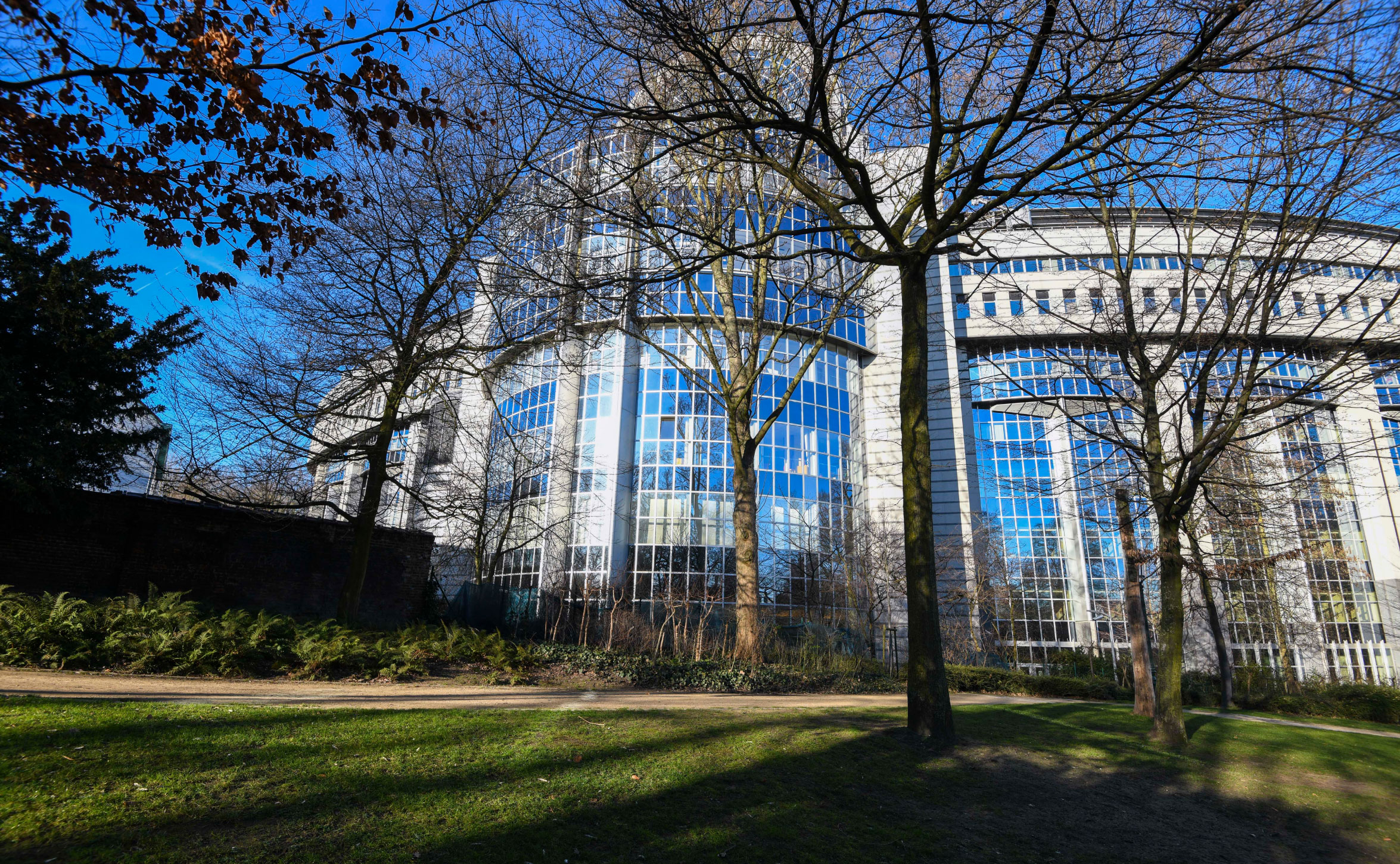We can see it in the votes on Green Deal laws such as the Nature Restoration Law, the Deforestation Regulation or the Supply Chain Act, or in the election of Ursula von der Leyen’s cabinet: Europe’s conservatives are moving dangerously far to the right.
Democratic alliances – a European tradition
Since the 1990s there has been an agreement within political institutions not to cooperate with far-right parties. The Germans call it the “firewall against the right”, in the European institutions we have the “cordon sanitaire”. The term refers to the principle of only doing politics with democratic parties and without far-right parties to protect the political system from their anti-democratic ideologies. In 1989, for example, all democratic Belgian parliamentary parties agreed not to include the nationalist and racist “Vlaams Blok” when forming a government and seeking majorities to guarantee the continued existence of a defensible democracy. More and more countries followed suit and the “cordon sanitaire” became an important tradition in the European Parliament. In recent decades, Europe’s democratic parties have used the “cordon sanitaire” to prevent anti-democrats from holding important offices within the institutions or incorporating their anti-democratic ideologies into laws.
The firewall is crumbling
In the last legislative period, however, the conservative European People’s Party increasingly cooperated with far-right political groups, for example when it came to undermining environmental and climate protection, thus helping them to make their dangerous ideologies acceptable. Since the 2024 elections to the European Parliament, this cooperation has reached new dimensions. This is mainly due to the EPP’s fear of losing power. The EPP was weakened during the last election – in contrast to the right. Three right-wing to far-right party groups have formed in the new European Parliament since the summer:
- the Group of European Conservatives and Reformists (ECR), which includes, for example, the “Sweden Democrats” party or the Italian “Fratelli d’Italia” of head of government Giorgia Meloni;
- the “Europe of Sovereign Nations” (ESN) group, which was founded by members of the far-right AfD; and
- the “Patriots for Europe” group (PfE), which, in addition to the FPÖ, also includes the Lega of Italy’s Deputy Prime Minister Matteo Salvini, the Dutch Freedom Party (PVV) of Geert Wilders, the Danish People’s Party, the Portuguese Chega, the Belgian Vlaams Belang and the Spanish VOX.
The European People’s Party has cooperated with all three right-wing parties since the start of the legislative period. For example when all of them voted to water down the law on deforestation-free supply chains, thereby significantly worsening transparency for consumers. But this cooperation does not only affect conservative policies.
Offices for fascists
The strengthening of right-wing and far-right forces across Europe has also led to some of the commissioners appointed from the member states coming from these parties. For example, Raffaele Fitto, a post-fascist from Giorgia Meloni’s party, which in Italy, for example, restricts the rights of the LGBTQI community and abolishes social security systems for jobseekers and pensioners. Fitto was not only appointed Commissioner with the enormously important and financially strong portfolio of regional development, but was even appointed Vice-President of the Commission. The European People’s Party played an extremely important role in this and openly made its support for other candidates in negotiations dependent on Fitto’s successful election as Commission Vice-President.
Dangerous ingratiation with a historical role model
The EPPs motives in this are clear: the European People’s Party fears for its power and influence and is looking for allies to retain power. By imitating right-wing polemics, they also hope to share in the electoral success of the anti-democratic parties. But this is a fallacy. A look into the past should also be a warning. The rise of the National Socialists in Germany succeeded because democratically oriented, conservative parties tried to imitate the NSDAP and thought they could keep Hitler in check by appointing him Reich Chancellor. The end of this calculation, namely in war and mass murder, is well known. In Belgium, on the other hand, the dark chapter of the fascist dictatorship in the 1930s was prevented because the conservative party turned its back on right-wing extremists and understood that there are only losers in the long term when cooperating with right-wing extremists.
As democratic and pro-European parties, we must uphold our principle of non-cooperation with far-right and radical right-wing groups right now and form a firewall together. I say quite clearly: Never again is now. Anyone who joins forces with anti-European and anti-democratic parties out of a calculation for power will soon wake up in a Europe without democracy and fundamental rights.
